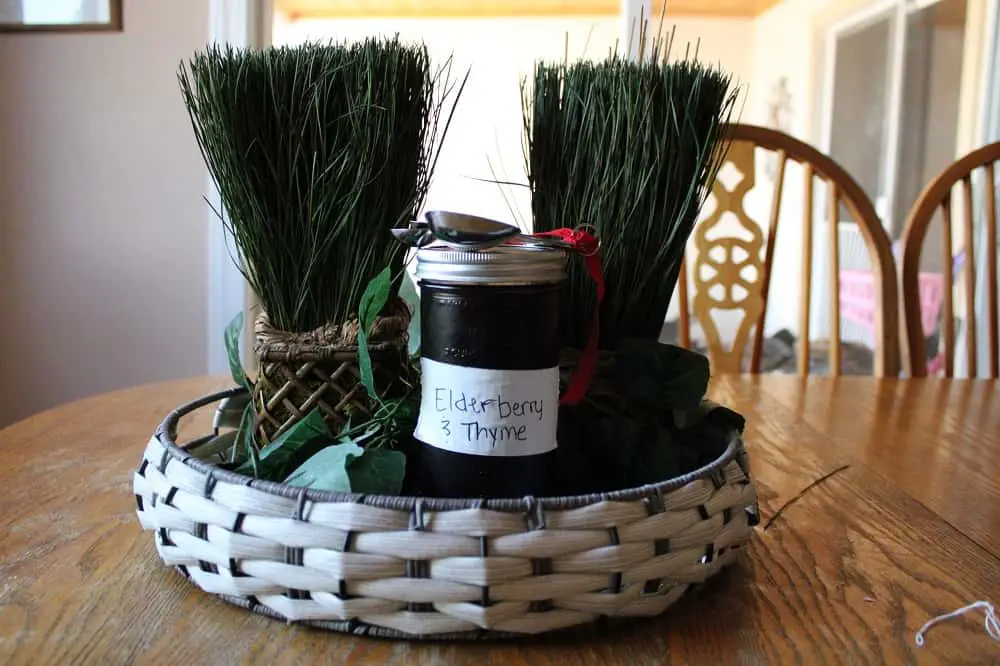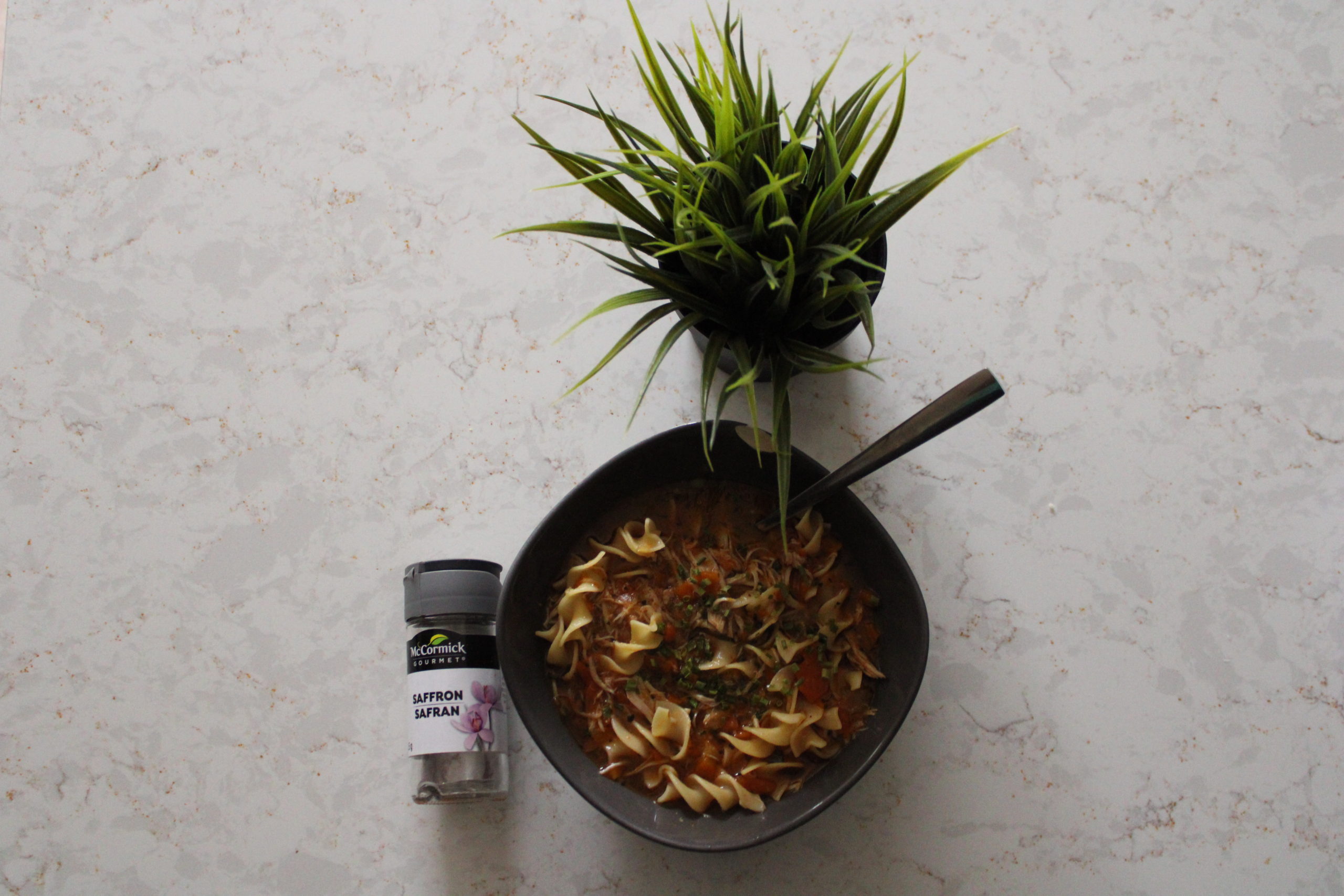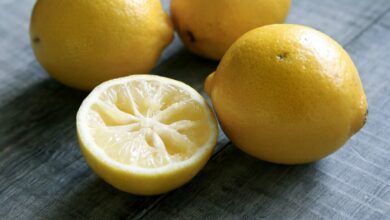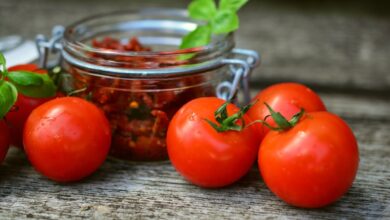The Traditional Touch: Soaking, Sprouting, and Fermenting for Better Health
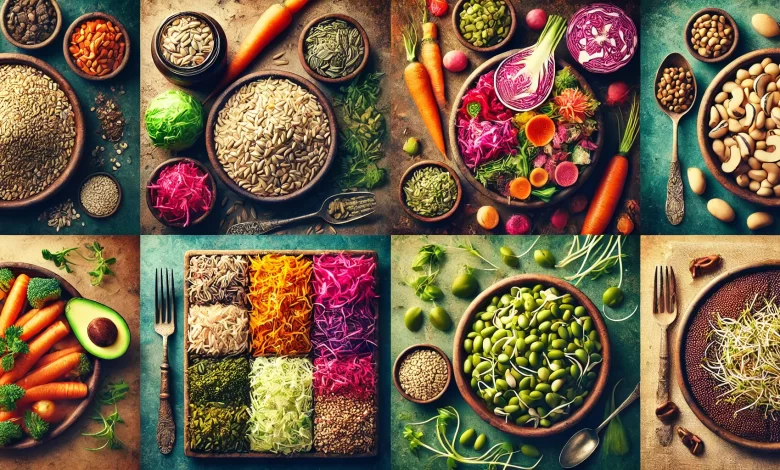
In our fast-paced world, quick and convenient meals have become the norm. However, traditional food preparation methods such as soaking grains, fermenting, and sprouting offer not only a throwback to our roots but also significant health benefits, especially when it comes to enhancing and retaining vital nutrients in our diet.
Soaking Grains: A Simple Start
The simple practice of soaking grains before cooking might seem like an extra step, but it’s a powerhouse move for your health. Here’s why:
- Reduces Phytic Acid: Grains contain phytic acid, which can bind minerals in the digestive tract and prevent their absorption. Soaking grains overnight can reduce the phytic acid content, making minerals like iron, zinc, and calcium more available for absorption.
- Increases Nutrient Absorption: Besides reducing mineral blockers, soaking also breaks down complex starches and proteins, enhancing the overall nutrient availability.
- Improves Digestibility: Soaked grains are easier on the stomach and intestines, which means better digestion and less bloating.
Traditional Fermentation: Unlocking a Nutrient Bonanza
Fermentation is an age-old method that not only extends the shelf life of foods but also boosts their health quotient:
- Enhances Vitamin Content: Fermenting foods like dairy, soy, and vegetables increases levels of B vitamins and vitamin K, essential for energy and blood clotting.
- Preserves Beneficial Enzymes: The fermentation process encourages the growth of beneficial bacteria, which produce enzymes that aid in digestion and absorption of nutrients.
Mindful Cooking Techniques: Keeping the Goodness In
How we cook can make or break the nutrient profile of our food. Traditional low-heat methods are key:
- Low Heat Cooking: Slow and low heat helps preserve the integrity of vitamins and enzymes that are often destroyed by high temperatures.
- Retains Nutrients: Techniques like steaming or using a slow cooker are excellent for keeping the vitamins and minerals intact, ensuring that the food’s nutritional value is maximized.
Sprouting: Nature’s Nutrient Booster
Sprouting might just be the ultimate upgrade for grains, legumes, and seeds:
- Boosts Vitamin C: Sprouting increases vitamin C content, which is crucial for immune function and skin health.
- Increases Bioavailability: The sprouting process reduces anti-nutritional factors and converts nutrients into more bioavailable forms, making it easier for the body to absorb them.
Embracing Tradition for Better Health
By integrating these traditional food preparation techniques into our daily routines, we not only pay homage to the wisdom of our ancestors but also leverage their health benefits. Soaking, fermenting, and sprouting are simple, yet effective, strategies to enhance the nutritional quality of our meals, helping us to lead healthier, more vibrant lives.
Let’s reconnect with these methods and make the most of what our foods have to offer. After all, every small step we take towards traditional cooking is a leap towards better health. Start today by soaking your grains overnight, sprouting some seeds on your windowsill, or trying your hand at fermenting vegetables. Your body will thank you for it!
-
Comparing Freeze-Dried Food Brands: Why Mountain House Stands Out

-
The Medicinal Magic of Mushrooms and the Beauty of Foraging

-
Elevate Your Culinary Experience with Sautéed Shiitake Mushrooms with Star Anise and Orange Zest

-
The Traditional Touch: Soaking, Sprouting, and Fermenting for Better Health

-
Kids Mastering International Cuisine Online Course








